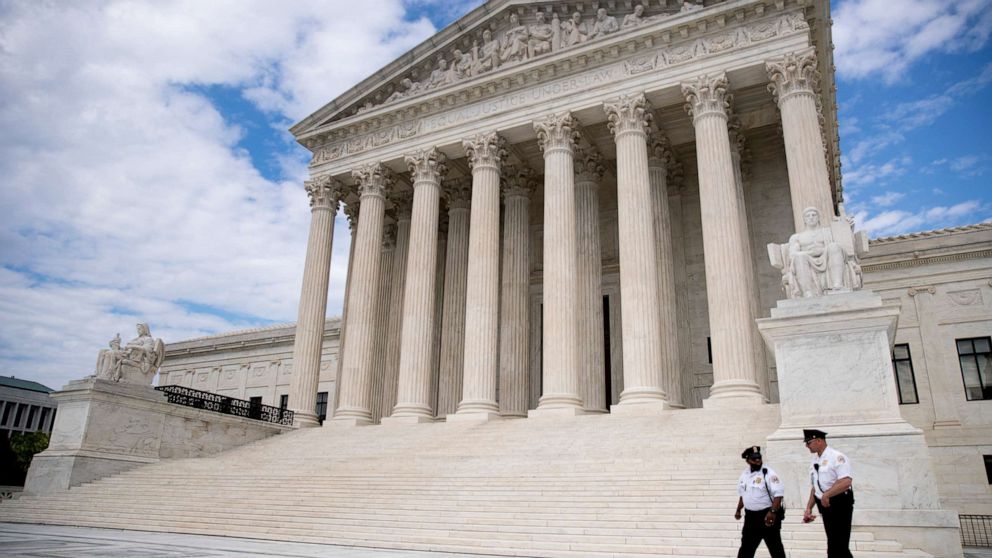Unwinding the Worst of Obamacare: Why Congress Must Rescind ACA’s Massive Medicaid Expansion

Chris Jacobs
Executive Summary
Given the focus on the disastrous launch of the Obamacare insurance Exchanges in 2013, many people don’t know that most of Obamacare’s coverage gains have come not through those Exchanges, but through a new expansion of Medicaid to able-bodied, working-age adults.
Medicaid was originally intended to provide important safety net coverage to vulnerable populations such as individuals with disabilities, low-income children and the elderly, among others. But Obamacare’s massive expansion of this entitlement to able-bodied adults has placed added strain on an already stressed program in many states.
Even prior to Obamacare, Medicaid stood in desperate need of reform. In many states, low physician reimbursement rates resulted in poor access for beneficiaries. One supporter of the program called a Medicaid card a “hunting license”—the chance for beneficiaries to try to find a doctor who will treat them.
And the program has fared no better under the Obamacare expansion. For states that bought into expansion’s false promise, it has proved to be bad medicine, both for patients in the system and for state budgets:
- Undermining the Most Vulnerable
Because Obamacare provides a 90-100 percent federal match to states covering the able-bodied, but only a 50-75 percent match to cover individuals with disabilities, many states have chosen to prioritize coverage of the able-bodied. In some cases, they have gone so far as to cut coverage for the most vulnerable even while expanding it elsewhere. Nationwide, nearly 600,000 individuals with disabilities are sitting—and in some cases, dying—on waiting lists to access needed care through Medicaid.
- Exploding Enrollment and Skyrocketing Spending
In 24 expansion states, Medicaid programs have far exceeded the highest enrollment projections. Costs for newly eligible beneficiaries have increased for 2 straight years, with new able-bodied enrollees costing on average over $1,000 more than existing populations. This has created a “double-whammy” for state budgets. Even Democrat state legislators have publicly mused that the unexpectedly high costs their states will face due to Medicaid expansion will crowd out other important priorities, like education for children or care for the disabled. And this has already become a reality in states like Kentucky and Ohio.
- Failing to Save Hospitals
The non-partisan Congressional Budget Office concluded that Medicaid expansion would be insufficient to overcome Obamacare’s Medicare cuts in terms of reversing the fortunes of struggling – especially rural – hospitals.
Thankfully, lawmakers in 19 states, including South Carolina & Alabama, have wisely avoided this expansion train wreck. But as the 115th Congress and incoming Trump Administration prepare to take on the thorny challenge of Obamacare repeal, what comes next? Will non-expansion states get the short end of the stick for pursuing prudential policy-making? This paper makes the case that unwinding the Medicaid expansion fairly and putting the program on a sustainable path for the future must start with three basic principles:
- Freeze enrollment in this massive new entitlement.
Individuals currently enrolled in Medicaid expansion should be held harmless and not face coverage disruptions. But states and the federal government need to begin unwinding the massive, unsustainable spending associated with Obamacare.
- Roll back the enhanced federal Medicaid match for able-bodied populations.
This match has distorted states’ behavior, encouraging them to discriminate against the most vulnerable.
- Reorient Medicaid toward the vulnerable populations for which it was originally designed.
The need for reform is urgent. By unwinding Obamacare’s Medicaid expansion the right way, Congress can slow the gusher of spending that has jeopardized federal and state budgets, treat fiscally prudent states fairly and focus on restoring the safety net for the most vulnerable.
Click below to read the full report.





